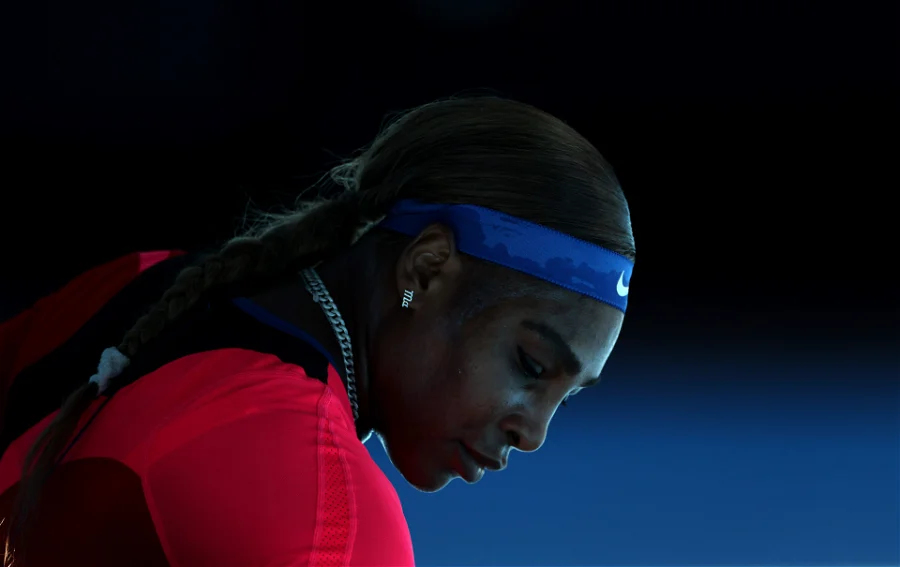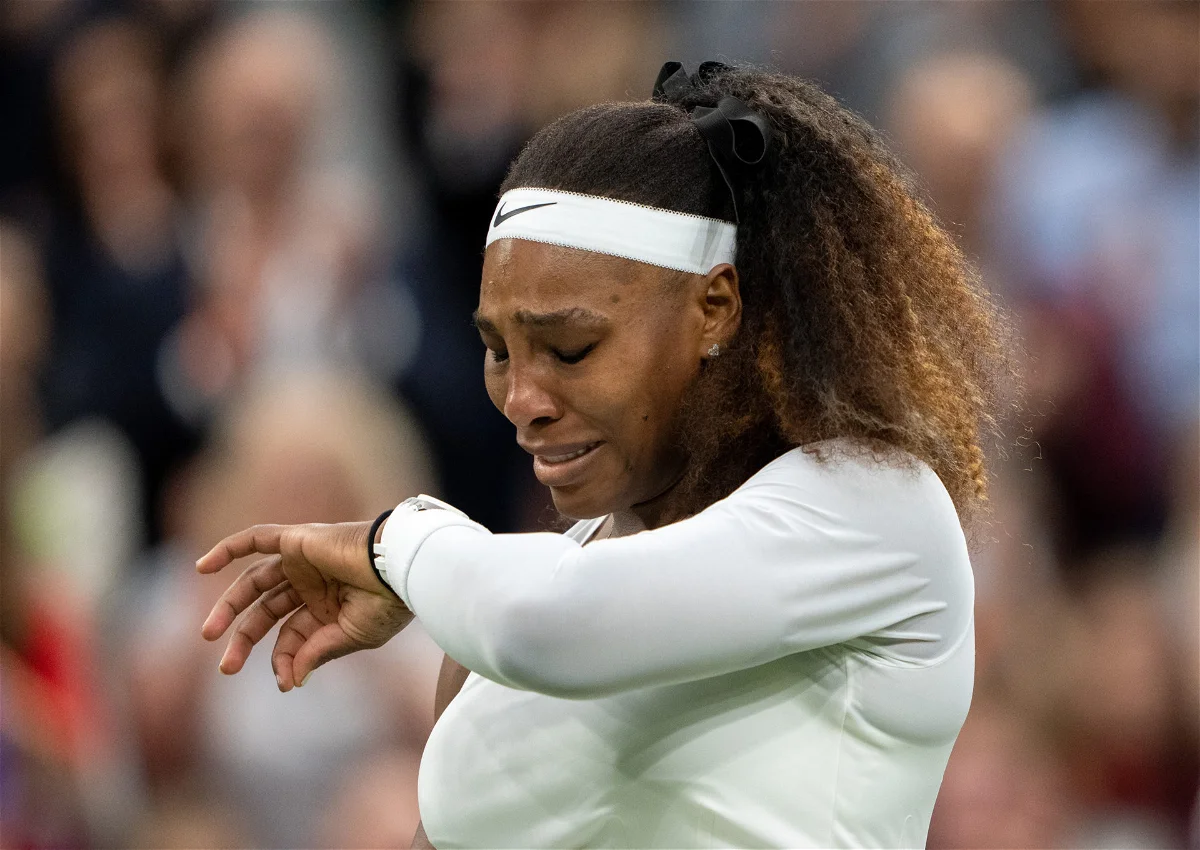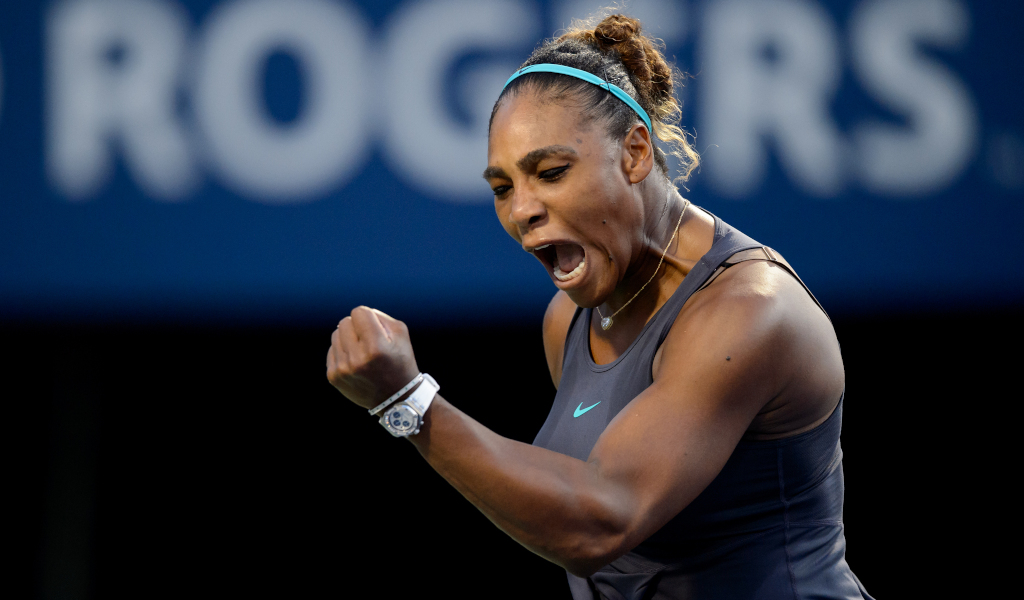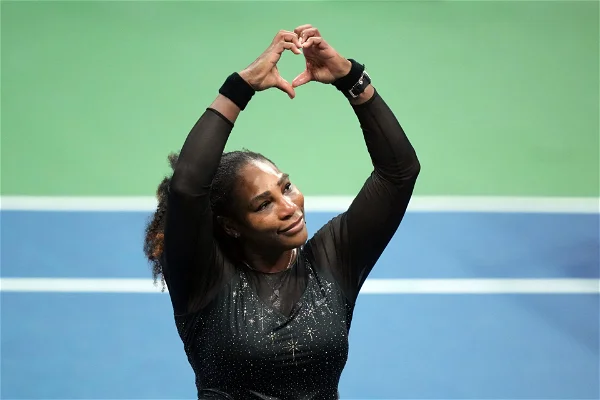
Serena Williams has sported an array of hair looks since
Serena Williams is one of the most inspirational tennis players to embrace the court. Not only she is the inspiration for many women Tennis players, but also a flag bearer for many black athletes to fight through all odds in their field, be it tennis or not. But to achieve this position, she has been through a lot of struggles since she was a youngster.
Well, Serena Williams had her family’s support at every step to become a bright and giant beam of inspiration. For this black history month, let’s take a blast at the past to see what she has had to overcome to become a historic figure.
Reaching the verge of death during childbirth
This story will live on infamously in the medical world. In the latter half of 2017, Williams and her husband, Alexis Ohanian, welcomed their first daughter, Olympia Ohanian. However, the birth of her first daughter would not be easy. Williams would later recount her story in a letter to Elle. When the time arrived for the birth, doctors opted for a C-Section.
While Williams thought it would end there, the matters were about to get worse. After the birth, she asked to get a Heparin drip started because she is at a high risk for blood clots. Her words went unheard by the doctors and nurses of the hospital. She had a bout of coughing, and it would not end soon. She realized that she had an embolism, a clot in her arteries. A hematoma, a collection of blood clots, would be discovered in her abdomen.

The clots would commence a bout of surgeries, and she would fight with a nurse for CAT Scans of her lungs, along with a Heparin drip. The nurse did not listen to her, but she persisted. Eventually, her doctor was called, and she ensured the scans were done. A blood clot was then discovered in her lungs, and a filler had to be put into her veins to break the clots to stop them from reaching her heart.
Her story opened up a dialogue on how black women are treated in the medical space. She revealed that black women are three times more likely to die during childbirth, and her experience revealed to her that it happens because of mismanagement. Thankfully, Williams overcame the harrowing event and recovered properly.
She would be reminded of the experience when she was set to give birth to Adira River, her second daughter. But things would go smoothly the second time around. This would not be the only time Williams would face discrimination.
Serena Williams vs. Osaka in the 2017 US Open
The final of the 2017 US Open would live in infamy as Williams and Naomi Osaka battled it out. In the second set, drama would ensue. Williams fought with the umpire after she was handed a violation for being coached. She was then handed another code violation when she smashed a racket in the second set, which saw a point deduction, which then led to an argument with the umpire.

Eventually, she was docked a game and would go on to lose the match. While the match itself served as an example of systematic problems, the following controversy would bring to the fore a much bigger issue. The world media and several tennis followers would attack Williams’ reputation. A reaction that was unprecedented and has not been seen on such a scale.
Despite the surprising backlash, Williams would come back to the sport and would become the center of another attack at the French Open.
Serena Williams appearance in ‘catsuit’ in the 2018 French Open
Serena Williams startled spectators at the 2018 French Open by entering the court wearing a catsuit. The full-length bodysuit, black with a crimson belt, looked stunning on Williams, a new mother; she resembled a superhero in the costume. However, the catsuit was not welcomed at the tournament. Fans and the media applauded the style.
But, French Tennis Federation head Bernard Giudicelli confirmed in a Tennis Magazine interview published Friday that it will not return. “I think we sometimes went too far,” he said in a statement. “The combination of Serena this year, for example, it will no longer be accepted. You have to respect the game and the place.”

The catsuit ban led to a considerable backlash in the following days. The idea that her attire disrespected the game and the place caused major backlash as no explanation was provided as to the violations it made. While Williams’s choice of fashion has been the center of discussion many times, this attire was donned for medical reasons. This was not the first time Williams wore a catsuit.
She donned a similar attire during the 2002 US Open. While it was not banned in the country, the media would have an outburst and even go on to question Williams’s character. Regardless, Williams continued to play and showed that she was much more than what the media portrayed her to be. She would even win the US Open for the second time in her career.
The Indian Wells debacle
In the 2001 Indian Wells Masters, the two Williams sisters were subject to many racist chants. Her father and then-coach, Richard Williams, told USA Today that spectators not only booed her but also taunted her with the n-word. “I wish it was ’75. We’d skin you alive,” one man said. Williams lifted her boycott of the tournament in 2015.
She would go on to boycott the tournament after she won it for the second time in 2001. The comments fueled her fire, but she decided it was not worth it to play in the tournament again until a prominent change came into effect.
The transgressions mentioned on the list are the prominent issues Williams has faced in her life, but they are only a handful of problems she has experienced throughout her life. Despite every obstacle that she has faced, Williams has continued fighting. She now stands as the holder of most grand slam titles in the WTA.
Along with it, she has also created an investment firm called Serena Ventures, through which she aims to uplift the businesses of underprivileged individuals. Her life is a testament to the hardships a black athlete can face.
However, in the face of every comment that has been thrown and every act that has been committed, she has emerged at the top. She continues to work and fight each day so that another individual like her does not have to face similar problems.






